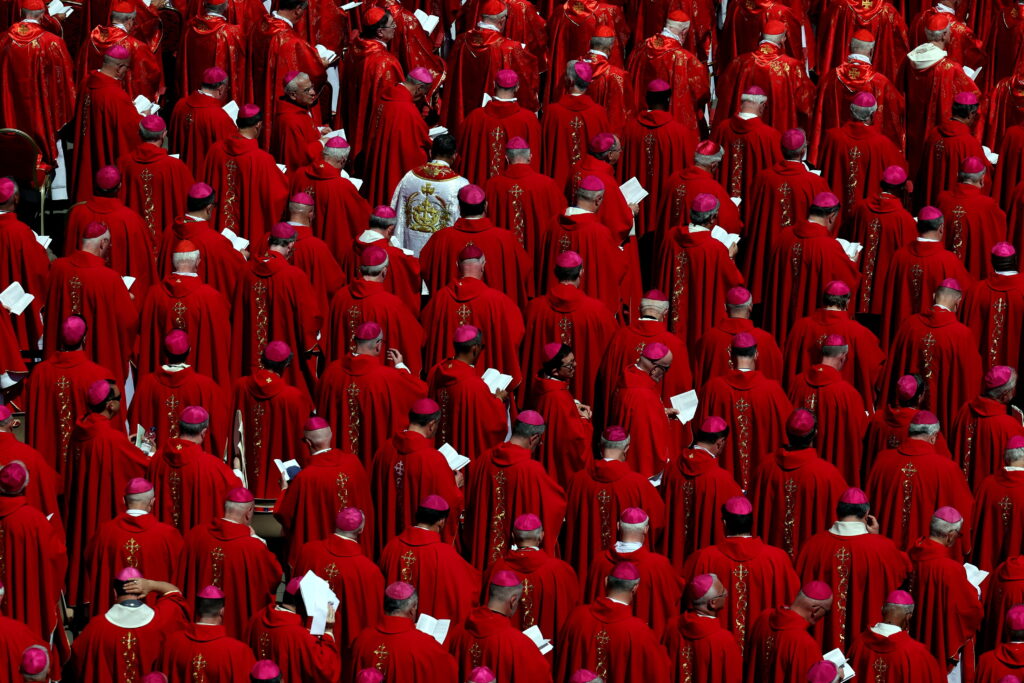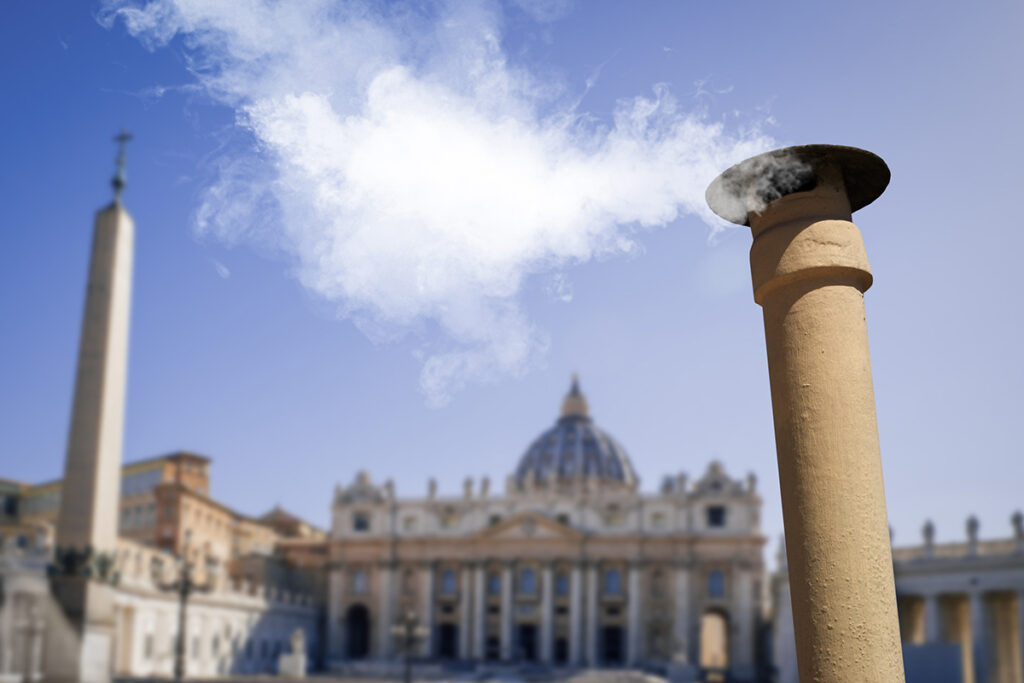On May 8, 2025, the Catholic Church witnessed a historic moment as white smoke billowed from the Sistine Chapel’s chimney at 6:07 p.m. local time, signaling the election of a new pope—the 267th successor to Saint Peter. This momentous decision came after just two days and four ballots during the papal conclave, marking one of the swiftest elections in recent history. The newly elected pontiff, Cardinal Robert Francis Prevost, has chosen the papal name Leo XIV.
A Swift and Decisive Conclave
The conclave commenced on May 7, 2025, with 133 cardinal electors gathering in the Sistine Chapel under strict secrecy. The first day concluded without a decision, as indicated by black smoke. However, the second day saw two inconclusive morning ballots, followed by a successful fourth ballot in the afternoon. The white smoke and the ringing of St. Peter’s Basilica’s bells confirmed that the required two-thirds majority—at least 89 votes—had been achieved.
The rapid conclusion of the conclave reflects a significant consensus among the cardinals, many of whom were appointed by Pope Francis. This suggests a collective desire to continue the Church’s trajectory of reform and modernization initiated during Francis’s papacy.
Tradition Meets Modernity
Following the election, the new pope will be escorted to the “Room of Tears” to don the papal vestments for the first time. He then formally will accept his election, chose his papal name, and prepared for his inaugural address. The announcement to the public will be made with the Latin phrase “Habemus Papam” (“We have a pope”), delivered by the Protodeacon from the balcony of St. Peter’s Basilica.
The conclave’s swift resolution underscores the cardinals’ commitment to unity and the Church’s mission in a rapidly changing world. As the faithful await the new pope’s first words, there is a palpable sense of anticipation and hope for the future of the Catholic Church.
The Influence of ‘Conclave’ on the Electors

In an intriguing intersection of art and reality, the 2024 film Conclave, directed by Edward Berger and starring Ralph Fiennes, reportedly served as an educational tool for several cardinals preparing for the election. The film offers a dramatized yet accurate portrayal of the papal election process, providing insight into the rituals and political dynamics of the conclave. Some cardinals, particularly those appointed by Pope Francis and less familiar with the conclave’s intricacies, found the film helpful in understanding the proceedings.
This blending of cinematic narrative with ecclesiastical tradition highlights the evolving ways in which media can inform and influence real-world events, even within the sacred confines of the Vatican.


